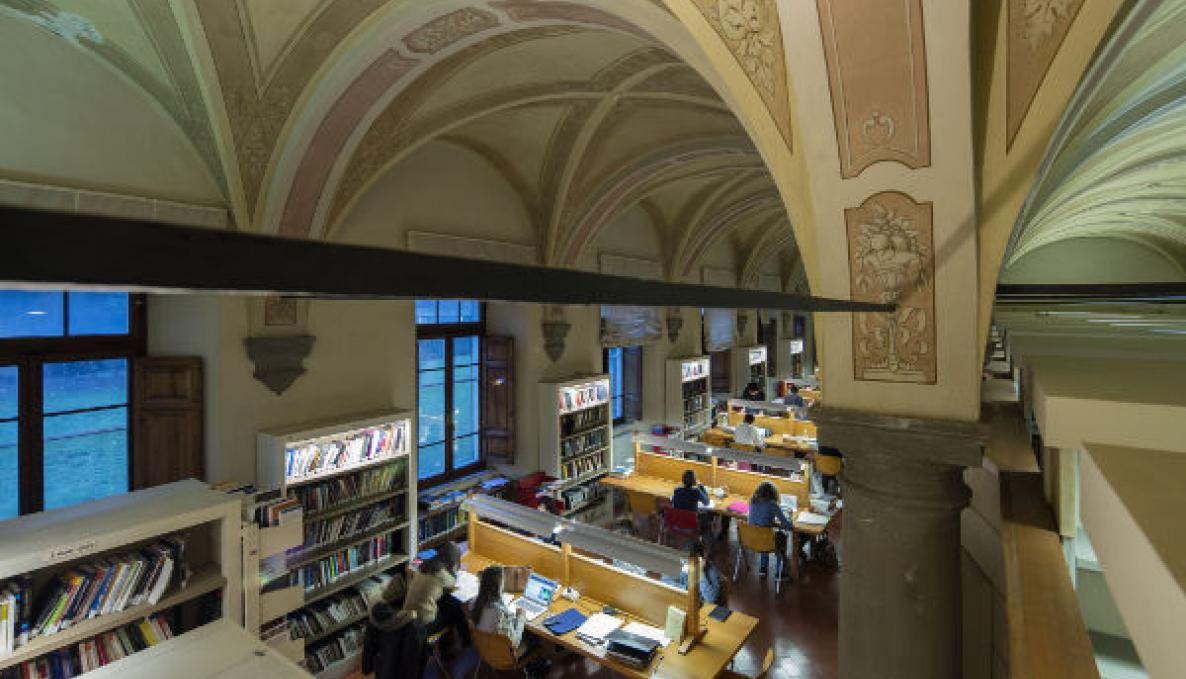Migration Law: Italian citizenship, EU citizenship and statelessness in current legislation and proposals for reform: training program applications must be submitted until May 2

Italian citizenship, EU citizenship, statelessness are the subjects analyzed in the new advanced training program on migration law, promoted by Dirpolis (Institute of Law, Politics and Development) of Sant’Anna School for Advanced Studies, together with the Association for legal studies on migration (ASGI). Registration is open until May 2, while lectures are held in Pisa, at Sant’Anna School, on May 5th to 7th. The training program is part of the activities promoted by the "higher education centre on the rights of migrants" and accomplishes a first goal related to research questions on specific topics, such as international protection, the right to asylum for unaccompanied minors, same topics that were addressed in past events characterized by broad participation, confirming the necessity of training required for lawyers, social workers and, more generally, for scholars, facing the topical issues related to migration.
The training program is specifically devoted to lawyers, social workers, public officials, professionals, educators, journalists, researchers, Ph.D. students, and graduates. The course will focus on the analysis of the Italian legislation in the acquisition of Italian citizenship, the related administrative procedures, as well as the relevant legislation. Particular attention will also be devoted to the topic of EU citizenship, the rights of EU citizens also in relation to the future of the Schengen agreement, and the issue of statelessness. The program provides the participants for one University Education Credit. 15 training education credits are also provided for lawyers and social workers, on the basis of agreements made with the professional associations.
The issues of Italian and European Union citizenship and statelessness are essential also compared with jurisprudence and legal theory. As clarifies the sociologist Rogers Brubacker - every modern state formally defines its community of citizens by identifying a set of people as its members, also designating, by exclusion, all the others as non-citizens or foreigners. The citizenship acquisition criteria are not simply a legal formula, but also a matter of increasing social and cultural significance, as they help to draw the future community of that State. It is well known fact that citizenship is inherited - 'jus sanguinis', and is birth in a certain territory - 'jus soli'. It is one of the two fundamental choices of the state government that decides to give preference to blood relations, in the first case, or to the link with the territory, in the second. The framework for Italian citizenship is foreseen by the Law 91/1992, which has been in recent years subject to several reform proposals, sometimes so as to reduce the requirements for acquiring citizenship by naturalization or to promote the acquisition of citizenship for foreign children born in Italy. The bill A.S. no. 2092 moved to that direction and was approved by the Chamber of Deputies on 13th October 2015.
Additional information, call and application forms are available here.



